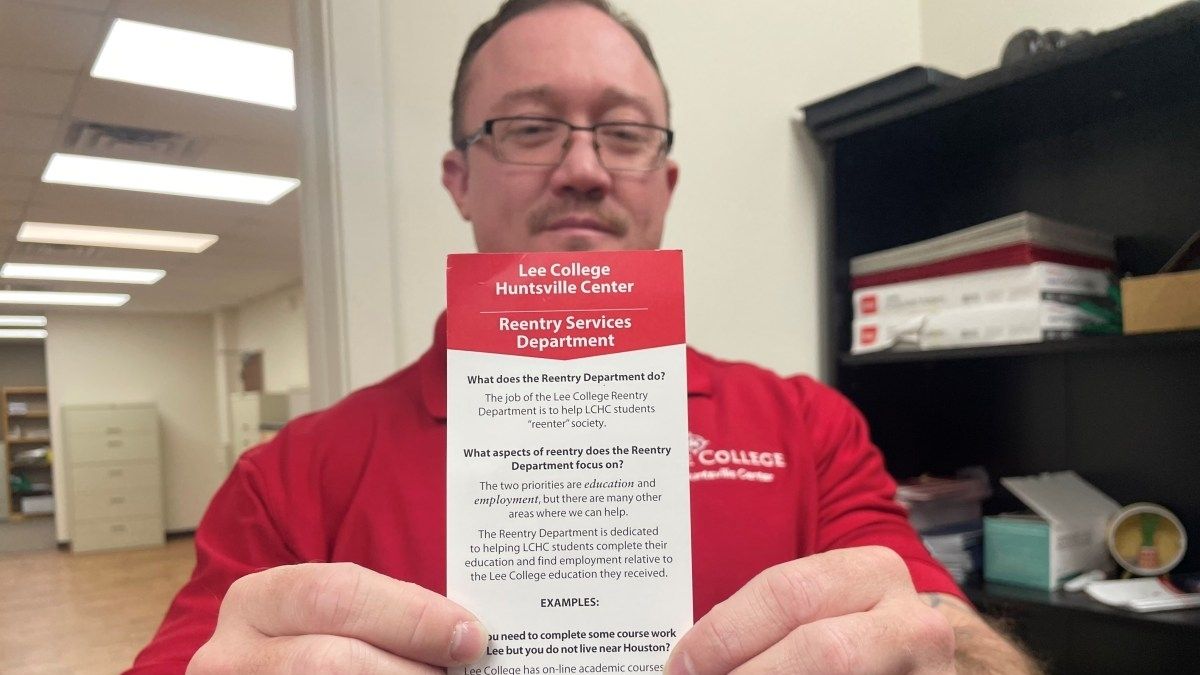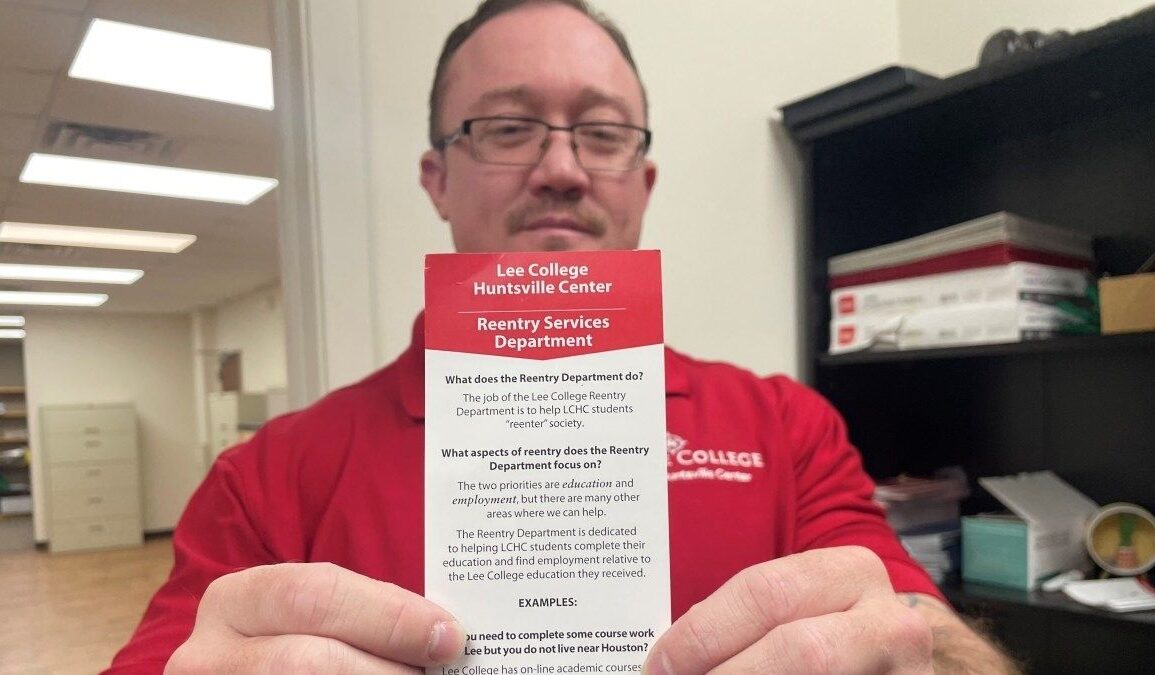
Access to higher education within U.S. prisons is witnessing a significant transformation as colleges and universities nationwide gain approval to initiate degree programs for incarcerated students, thanks to the full reinstatement of Federal Pell Grants. This development promises to reshape the post-release futures of the approximately 600,000 individuals leaving prison annually, many of whom have had no college education despite the proven benefits such as reduced recidivism, improved employment prospects, and enhanced safety within prisons. New educational programs are expected to emerge in most U.S. states, marking a pivotal moment in the integration of education within the correctional system.
Breaking the Cycle: Education as a Beacon of Hope
For individuals like Amber Galvan, who navigated the challenges of re-entering society after incarceration, the impact of prison education programs is profound. Galvan’s journey through college courses in a Texas prison not only equipped her for a career in logistics but also provided a foundation for rebuilding her life post-release. Such testimonials underscore the transformative power of education behind bars, offering a path to personal and professional growth for many who face societal stigmatization due to their criminal records.
From Incarceration to Education: A Growing Trend
The resurgence of educational opportunities for incarcerated individuals is largely attributed to the reinstatement of Federal Pell Grants, which had been inaccessible to prisoners since 1994 due to legislative restrictions. The recent policy reversal under a pilot program has already facilitated postsecondary education for at least 40,000 incarcerated students from 2016 to 2022, as reported by the Vera Institute of Justice. Institutions like Lee College have played a crucial role in this educational revival, demonstrating the feasibility and benefits of prison education programs funded through state and federal resources. With the Pell Grant program now fully operational for incarcerated students, an expansion of educational offerings is anticipated across at least 43 states.
Looking Ahead: The Future of Prison Education
The expansion of educational programs in prisons not only represents a significant policy shift but also heralds a new era of hope and opportunity for incarcerated individuals. As more states and educational institutions embrace the challenge of providing higher education to prisoners, the potential for positive outcomes in terms of reduced recidivism, job readiness, and social reintegration is immense. The experiences of students like Amber Galvan and educators like Brandon Warren, who have both benefited from and contributed to prison education programs, illustrate the profound impact that such initiatives can have on individual lives and communities at large.
As society continues to grapple with the complexities of crime, punishment, and rehabilitation, the expansion of education within the correctional system offers a promising avenue for addressing some of these challenges. By equipping incarcerated individuals with the knowledge, skills, and confidence to succeed post-release, educational programs in prisons can play a crucial role in fostering a more inclusive and equitable society.
This post was originally published on this site be sure to check out more of their content.









